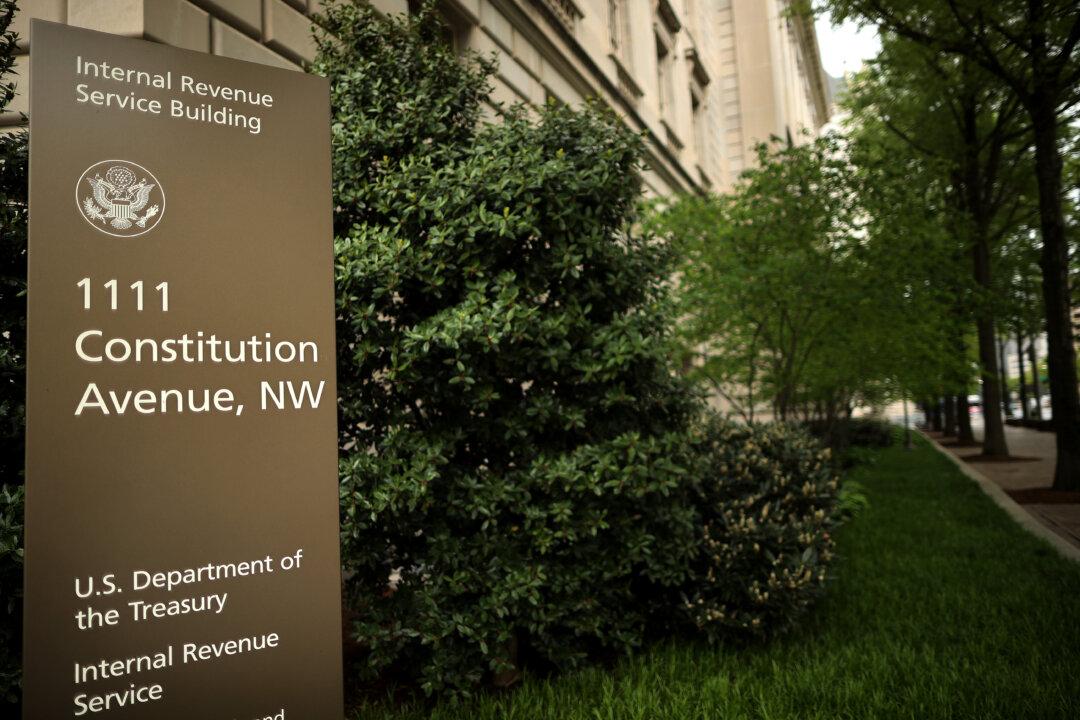This year’s federal income tax deadline was postponed to July 15 due to the CCP (Chinese Communist Party) virus pandemic, and the Internal Revenue Service has made it clear that Tax Day won’t be pushed back again.
COVID-19 has made for a rocky tax filing season. Since many IRS employees were working from home and local tax assistance offices were shut down, it was hard for taxpayers to get questions answered. It also led to a backlog of paper returns.




